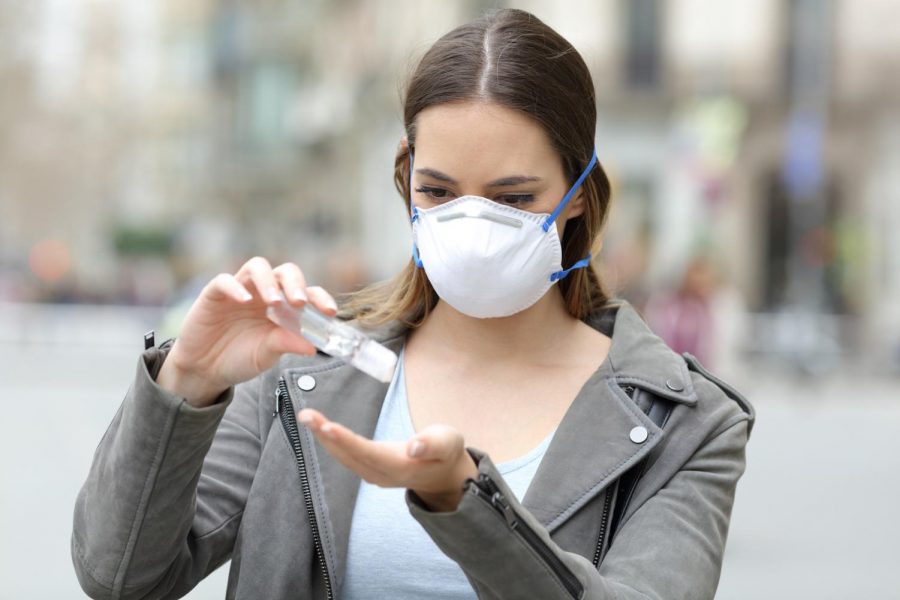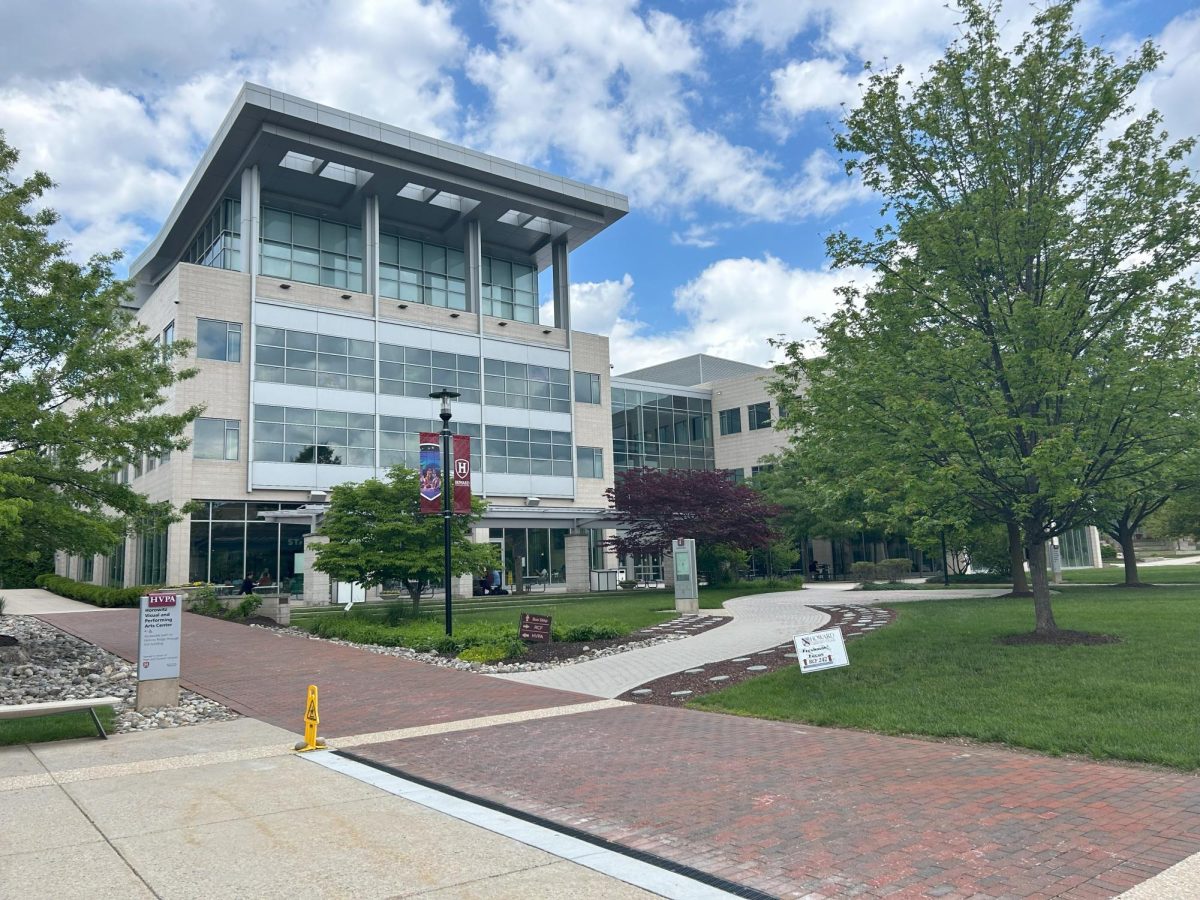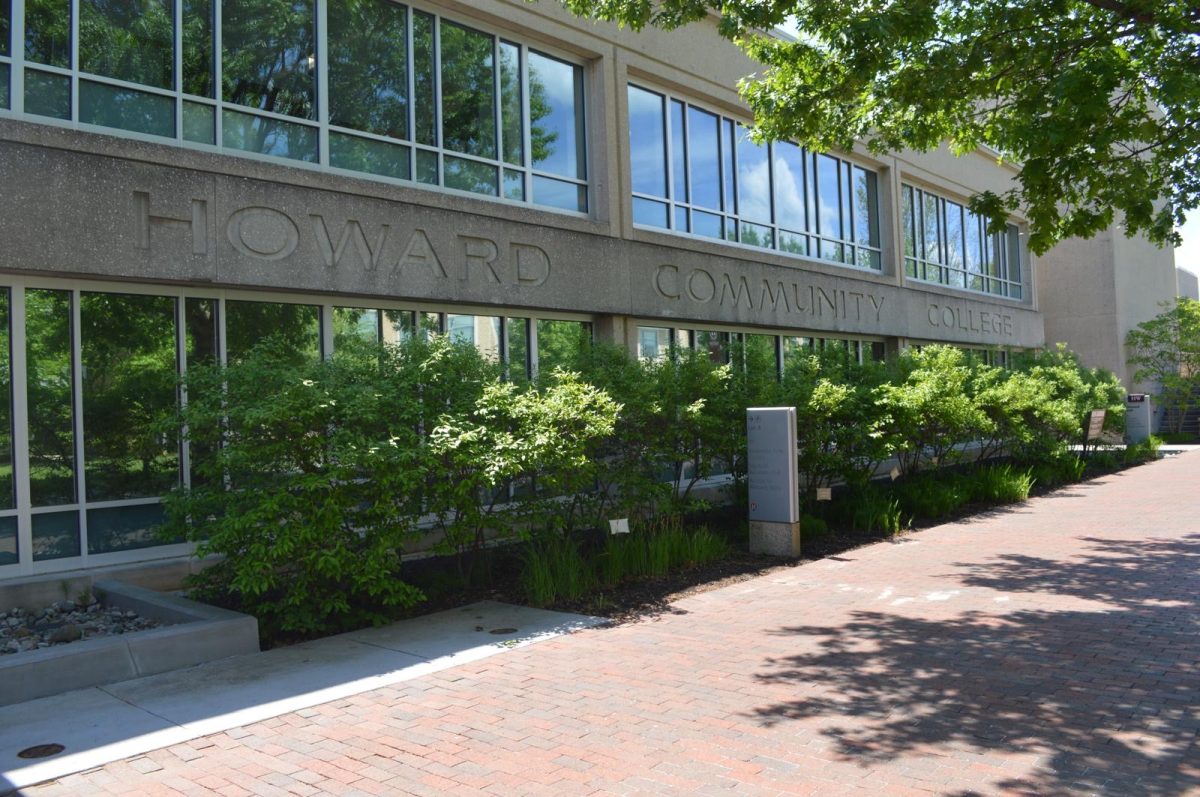COVID-19: Why Reopening Won’t Solve All Our Problems
May 18, 2020
When my friend who lives in Georgia told me on April 20 that they were getting reopening underway, I was initially impressed. Wow, I thought, they must really have this COVID-19 thing under control if they’re confident enough to resume everyday life already. Except, according to the CDC as of May 12, Georgia has more COVID -19 cases than Maryland, where we are only in stage one of the reopening process. Governor Brian Kemp of Georgia ordered the state to reopen in an effort to bolster the economy, but looking at examples of other countries paints a picture of this course of action as anything but effective.
South Korea first saw a spike in COVID-19 cases mid-February, which was linked to a large gathering for a religious event. The country immediately launched a massive testing campaign and provided free, drive-through testing for everyone. Since then, life has returned to a new normal in South Korea. Churches have reopened, as well as schools, restaurants, and cafes–all with new social distancing guidelines. On April 15, the country even held an in-person election which caused no spike in infection numbers. There have been just over 10,000 COVID-19 cases and 258 deaths total in South Korea, and infection numbers per day are now regularly in the single digits.
Taiwan, which is located just off the coast of China, is perhaps the most remarkable example of what caution can do. They have had a mere 426 COVID-19 cases with 6 deaths, which is astonishing in a country of 23.8 million people. Taiwan, which is not recognized by the US government as an independent country, first classified COVID-19 as a threat on January 15, before the world had even named the virus. The country’s strong healthcare system, effective use of mass media, lifestyle changes, and efforts to dissipate disinformation have been key in their fight against the virus. They also implemented a 14-day quarantine period for people entering the country to avoid cases being brought in from abroad. Taiwan has a strong democratic government, and their success came from people working together with common sense, not authoritarianism or premature progress.
When I asked my friend what the first thing she planned on doing in Georgia’s reopened economy was, she laughed. “The dummies will go outside,” she told me. Even though gyms and barbershops and bowling alleys are reopening, she, and most people she knows, are choosing to stay quarantined. It doesn’t matter if shops are open when people don’t feel safe enough to visit them. Studying other countries with successful COVID-19 re-openings paints a picture of what the world could look like; it’s not the same as the one we knew, but it is one based on facts and shared responsibility.







